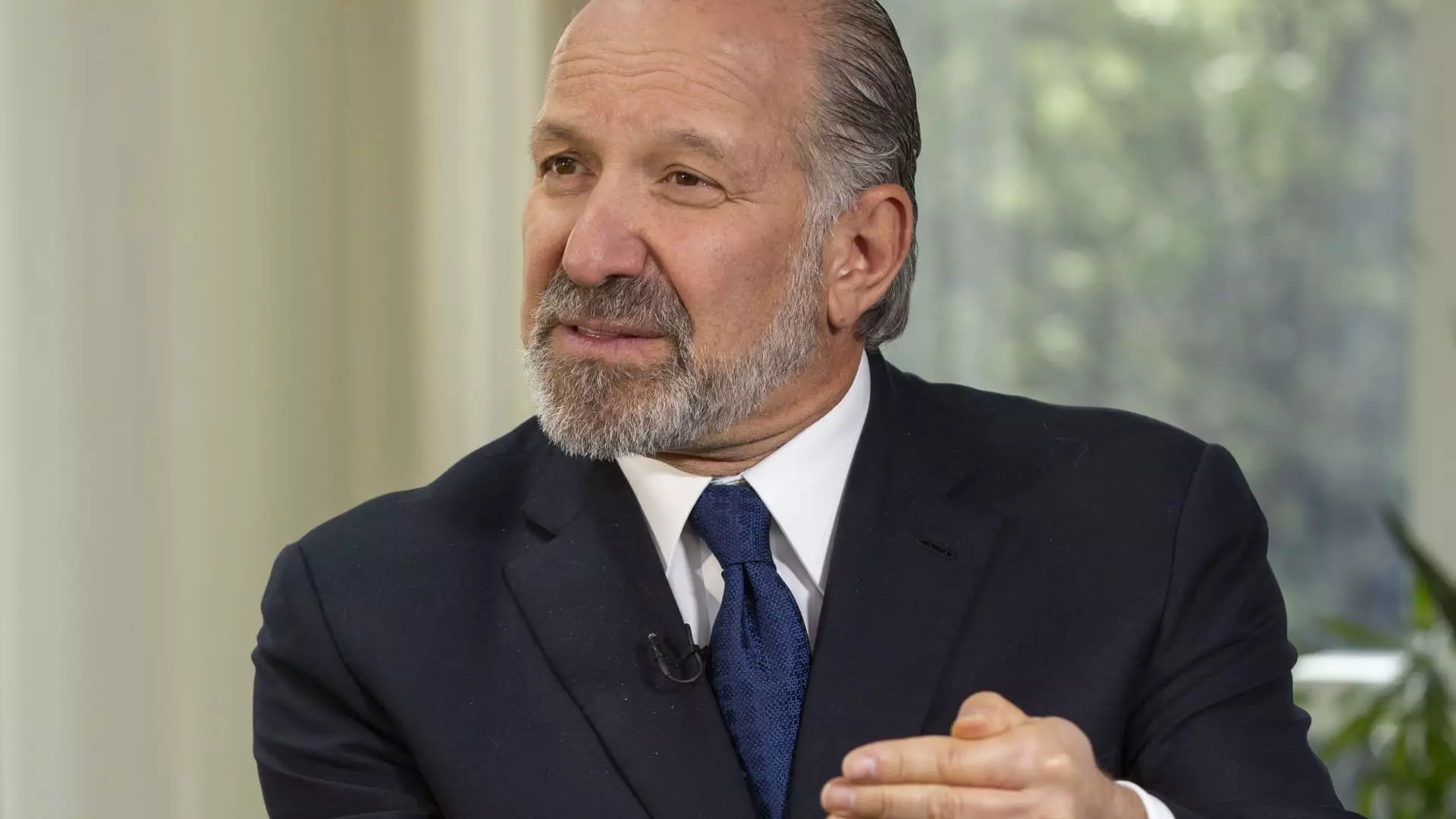The recent declarations by Commerce Secretary Howard Lutnick regarding the August 1 deadline for tariff payments reveal a troubling paradox. On one hand, the administration insists that the date is non-negotiable, a “hard deadline” where tariffs will come into effect. On the other, Lutnick appears to open a window for dialogue beyond that date, suggesting that nations can still negotiate even after tariffs are implemented. This inconsistent messaging underscores a fundamental flaw in the U.S. approach: a lack of clarity and strategic coherence. Leaders of other countries are left questioning whether such deadlines are genuine or merely bargaining tools meant to extract concessions. As a result, the credibility of U.S. commitments in trade negotiations is undermined, sowing uncertainty in global markets and complicating diplomatic efforts. The administration’s reliance on a rigid timeline—without meaningful diplomacy—risks isolating allies and trading partners, pushing them toward retaliatory measures rather than constructive dialogue.
Disproportionate Impact on Smaller Economies
The announcement that Latin American, Caribbean, and African nations will face a baseline tariff of 10% exposes the extent to which U.S. tariffs threaten to deepen inequalities in global trade. These nations, often reliant on fragile economies, are placed in a difficult position: either absorb higher costs or engage in tense negotiations with the U.S. for relief. This tactic not only strains diplomatic relations but also risks destabilizing already vulnerable economies, exacerbating poverty and inequality globally. While protecting domestic industries may seem justified from an American perspective, such sweeping tariffs ignore the complexities of international trade—particularly the needs of smaller nations seeking fair access to markets. The administration’s approach reveals a refusal to consider the broader geopolitical fallout, exposing a shortsighted strategy that prioritizes immediate leverage over sustainable, mutually beneficial relations.
Reckless Aggression or Bargaining Strategy?
President Trump’s decision to set a seemingly arbitrary deadline amid fluctuating tariff rates borders on recklessness. Announcing tariffs of up to 40% aimed at punishments for trade imbalances appears more like a geopolitical bludgeon than a calibrated negotiation tactic. Such an aggressive stance risks alienating key allies and may provoke retaliatory tariffs that harm American consumers and industries alike. The tactic of issuing threatening letters and setting harsh deadlines diminishes the chances for genuine negotiation, framing disputes as winners or losers rather than opportunities for compromise. Ultimately, this approach reveals a fundamental misunderstanding: that international trade is not a battlefield but a complex web of economic and diplomatic relationships. As a centrist voice, I believe that diplomacy rooted in mutual respect and fairness is essential—something the current tariff strategy seems to neglect in favor of giving the U.S. a unilateral advantage, regardless of long-term consequences.
Consequences Beyond Borders
The Trump administration’s tariff policies risk igniting a global trade war that could spiral out of control, harming everyone in its wake. Tariffs that start at 10% for smaller nations and escalate to 40% for others threaten to destabilize international supply chains, increase costs for consumers, and stifle economic growth worldwide. Far from protecting American interests, such strategies may ultimately backfire by encouraging trading partners to seek new alliances and markets less antagonistic to their development needs. For a nation that claims to champion free enterprise, the reliance on tariffs as a cudgel appears shortsighted, revealing an approach that privileges raw power over long-term strategic partnerships. It’s imperative for policymakers to recognize that sustainable growth and global stability depend on cooperative engagement—not aggressive tariffs and rigid deadlines. Only through honest dialogue and equitable negotiations can the U.S. maintain its economic influence without inciting widespread resentment or economic retaliation.


Leave a Reply